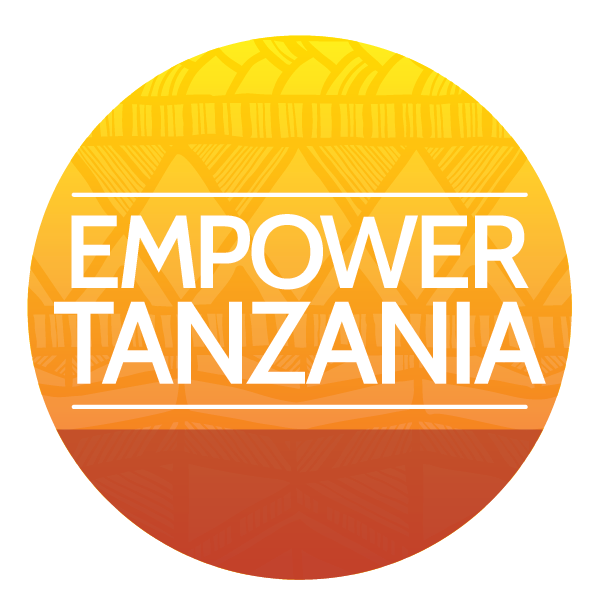Albinism in East Africa
There are numerous superstitions in East Africa about albinism, a genetic deficiency of pigment of the skin, hair and eyes. Many East Africans believe people with albinism lack souls, are possessed by the devil or have mental retardation. There are also beliefs that their body parts have magical properties and can make one rich, treat disease or prevent HIV/AIDS. This leads to murder and dismemberment of people with albinism and mystical usage or sale of their body parts by witch doctors or other sorcerers.
This cultural belief system is particularly prominent in Tanzania where over 70 people have been murdered in the past 14 years because of their skin color. This is aggravated by the fact that, for unknown reasons, the incidence of albinism in East Africa is more that 12 times that of the rest of the world.
For example, Fatima Ali is a 22 year-old woman with albinism who loves to wear red scarves over her white hair. Her skin is already severely sun damaged at her young age because of the lack of protective pigment from the African sun.
Her village is small enough that everyone knows her and, even though she is often discriminated against, she generally feels safe. When she was a student, however, she was at a public boarding school in a larger town and feared she would be attacked and chopped up at night in her dormitory as others have been.
Empower Tanzania’s Improving Women’s Health Program provides public health education presentations to over 12,000 people per month to the 269,000 people of Same District in Tanzania. Albinism has been the topic for the month of February and the 33 community health educators in this program are teaching the truths of albinism to counter the commonly held myths and superstitions about the condition. They are also identifying people like Fatima so they can be educated about sun protection measures and reduce the high risk of skin cancer.
Be a part of this cultural change and support the Improving Women’s Health Program and other programs operated by Empower Tanzania.
